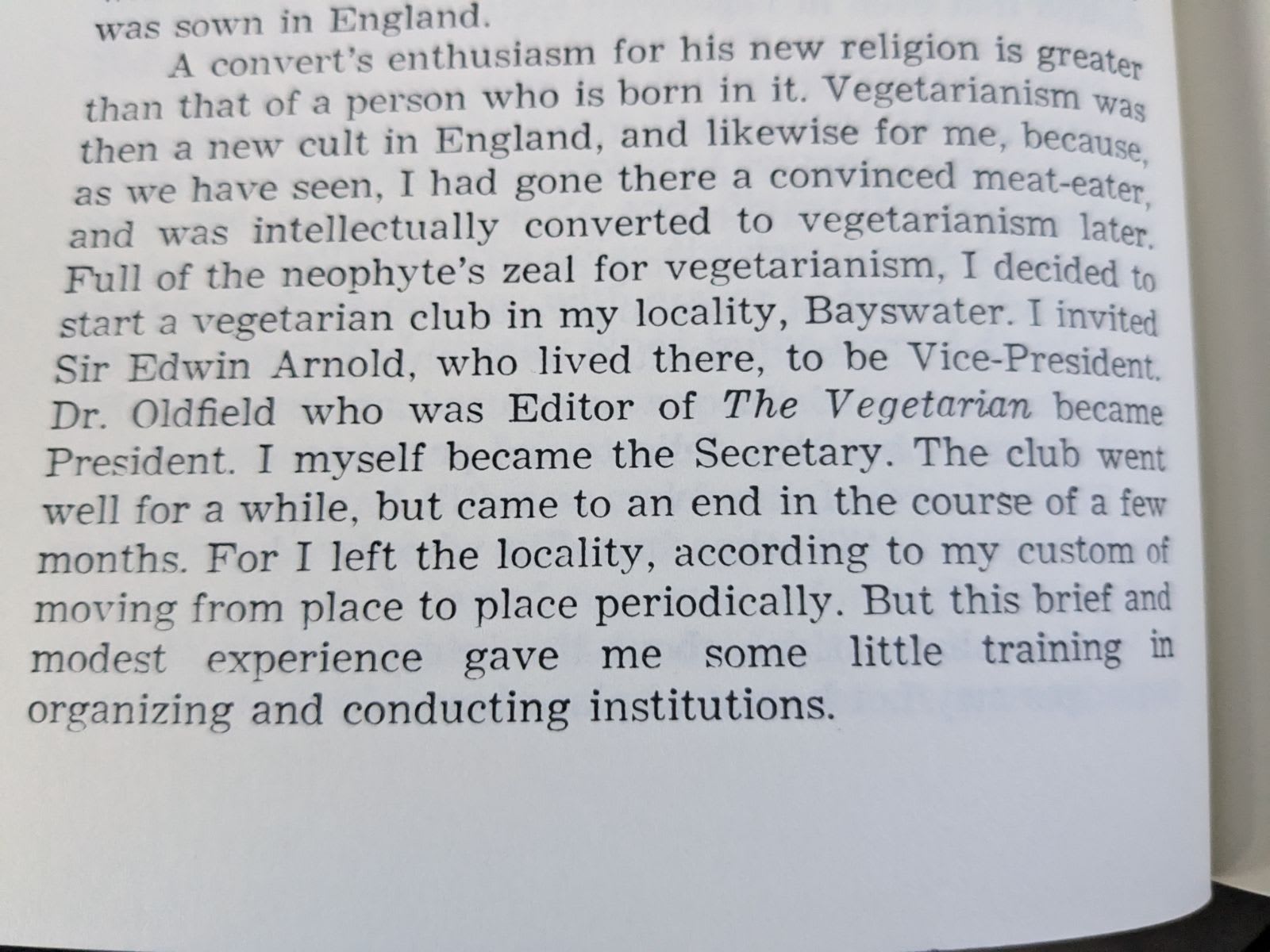
Benny Smith
Posts 5
Comments43
I just re-read this, really appreciate the thorough research!
A few thoughts:
- A lot of the “optimistic” / hopeful cases are basically saying “it is possible to use this technology for X” without saying what the incentive would be to help. Seems to me that without a gears-level story about why people / AI systems would be incentivized to help animals, they by default will not.
- Moral circle expansion is one way to change the incentives, especially moral circle expansion among groups likely to hold power in the future.
- But this is more relevant for longer AI timelines, since MCE is slow.
- But this is more relevant for longer AI timelines, since MCE is slow.
- Moral circle expansion is one way to change the incentives, especially moral circle expansion among groups likely to hold power in the future.
- This does not seem exactly right to me:
“People are also more likely to consider animal rights to be a legitimate concern if they are not themselves directly affected by poverty and poor health.”
There are lots of vegetarians in India who are quite poor compared to high-income countries, but who are much more inclined to consider animal rights to be legitimate than most westerners.
It seems more true that poverty makes people less likely to change their values since this requires time and resources for self-reflection and behavioral adjustments. So I agree that MCE may be easier with higher-income populations.
Yeah that was interesting! He was raised vegetarian, ate meat for a while and then went back to it.
Also, re social movements and animals - James Ozden has some useful research.
Yeah he talks about vegetarianism a lot actually! Here's one paragraph about his efforts to promote vegetarianism as a young man in England:

What he describes is one of the problems we want to solve at Allied Scholars for Animal Protection – clubs die when student leaders graduate because there's no larger infrastructure to support recruitment.
Thanks for sharing this on the forum!
Thinking about how past social movements succeeded at large-scale attitude and behavior change seems important, and I'm not sure why there isn't more attention to that kind of thing in EA discussions around animal advocacy.
I recently read Gandhi's autobiography and found some useful stuff there.

Excited to read your work, Seth. Thanks for sharing